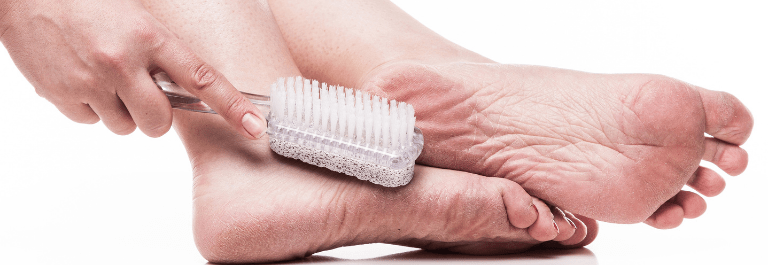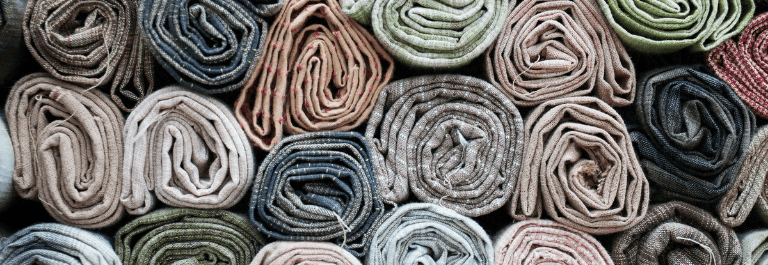Hard water is water that contains high levels of calcium and magnesium. It occurs when water filters through underground limestone, gypsum, or chalk. There is some evidence to support the fact that hard water can have a negative effect on the skin barrier, damaging it and contributing to the development of eczema.
n this blog post, we take a closer look at the relationship between eczema and hard water, as well as share some hard water dermatitis treatments.
Please keep in mind that although these tips and information have worked for several sufferers, we are in no way medical professionals. If you’re experiencing severe symptoms or have a topical infection, it is always best to seek medical advice immediately.
Hard Water and Eczema
Hard water is often considered to be a factor that affects whether a person will develop eczema. According to researchers from the University of Sheffield and King’s College London, hard water contributes to further damaging the skin barrier, potentially leading to hard water dermatitis.
As those with eczema already suffer from a compromised skin barrier, this further increases the skin's sensitivity to potential irritants such as soaps and washing powders. Using a gentle detergent for sensitive skin can help minimize irritation.
Small studies also suggest that hard water can increase skin redness, reduce hydration, and increase inflammation. That said, more research is needed to better understand the risk of eczema associated with hard water.
What is Hard Water Anyway?
Hard water is water that contains high amounts of calcium, magnesium, bromide, and chloride. Bathing in hard water increases the skin’s disposition of sodium lauryl sulfate, an irritating particle found in soap. Unfortunately, this can precipitate onto the skin and lead to increased irritation.
Hard water can also raise the skin surface pH due to its high alkalinity. While skin pH is normally acidic, this shift towards alkaline pH disrupts the skin’s natural function as a physical, protective barrier and leaves it more vulnerable to potentially pathogenic bacteria which can cause infection.
Natural Hard Water Dermatitis Treatments
Although some research suggests that hard water may worsen symptoms or increase the risk of eczema, there are ways to help protect your skin from any negative effects. Here are some treatments and solutions we recommend:
Avoid Hot Water
As much as it may feel good in the moment, hot water actually has a tendency to dry out the skin by further stripping it of its natural oils.
That’s why we recommend bathing in lukewarm water as opposed to hot. We also recommend reducing washing times. When you are finished washing, pat dry your skin with a towel to avoid further aggravating your sensitive skin.
Use a Natural Soap
Many soaps contain harsh chemicals or ingredients that can lead to increased irritation. We suggest using a gentle eczema soap instead. We suggest using a natural soap like this Tallow Bar Soap with Zinc. It’s gentle, hypoallergenic, and works well for even the most sensitive skin.
If you prefer a liquid soap, check out this Shampoo and Natural Body Wash for Eczema. It’s perfect to use from head to toe. Free from parabens, sodium laurel or laureth sulfate (SLS), it won’t strip the skin of its natural protective oils.
Try an Oatmeal Bath
Indulge in an at-home spa treatment with this Conqueror Oatmeal Bath for Eczema. Made with wholesome but effective ingredients, it helps fight skin sensitivity and diminishes visible redness. Enjoy its calming and soothing results.
Keep the Skin Moisturized
Replenish your skin's moisture with a natural eczema cream following your bath or shower. We love this Organic Manuka Skin Soothing Cream because it’s as natural as they come: just 6 ingredients! Enjoy its creamy, dreamy texture and honey-kissed smell.
References:
https://www.healthline.com/health/eczema/hard-water-and-eczema



